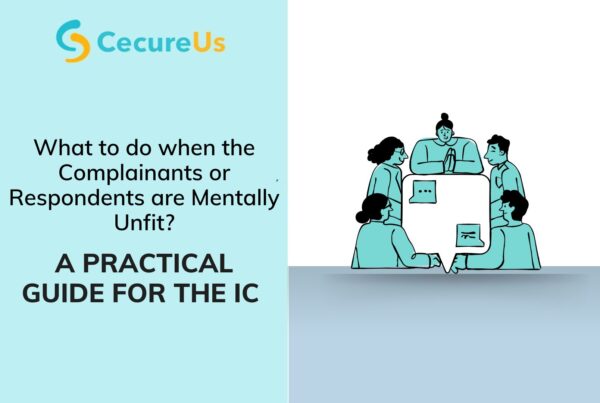
Introduction:
Today we’re diving into the essentials of ‘Code of Conduct 101.’ But first, let me share a real-life story about whistleblowing that underscores the importance of having a strong code of conduct.
- In 2019, a high-profile whistleblowing incident shook one of India’s leading technology firms, Infosys. An anonymous group of employees raised concerns about unethical accounting practices that inflated the company’s financial results. This whistleblowing incident led to an internal investigation and significant media attention.
- The Infosys case highlighted the critical need for a robust code of conduct that encourages ethical behavior and protects whistleblowers. By establishing clear guidelines and a safe reporting mechanism, companies can prevent misconduct and promote transparency.
What is a Code of Conduct?
A code of conduct is a set of guidelines and rules that outline the expected behaviors and standards for individuals within an organization. It serves as a roadmap for ethical decision-making and helps maintain a respectful and productive work environment. Think of it as a company’s moral compass, guiding employees in how to act professionally and responsibly.
Why is a Code of Conduct Important?
A well-defined code of conduct is crucial for several reasons:
- Promotes Ethical Behavior: It sets clear expectations for ethical conduct, helping employees understand what is acceptable and what isn’t.
- Protects the Organization: By outlining consequences for misconduct, a code of conduct helps protect the organization from legal issues and reputational damage.
- Fosters a Positive Work Culture: Encouraging respectful interactions and inclusivity, it creates a supportive and positive workplace environment.
- Guides Decision-Making: It serves as a reference point for employees when facing ethical dilemmas or conflicts of interest.
Key Elements of a Code of Conduct
Here are some key elements that should be included in an effective code of conduct:
- Integrity and Honesty: Promote honesty and integrity in all business dealings. For example, employees should always provide accurate information in reports and communications.
- Respect and Inclusivity: Emphasize the importance of treating everyone with respect and valuing diversity. For instance, all team members should have equal opportunities to contribute during meetings.
- Compliance with Laws: Highlight the need to adhere to all applicable laws and regulations. In India, this includes compliance with the Prevention of Sexual Harassment (PoSH) Act, which requires organizations to have a policy against sexual harassment and conduct regular training.
- Conflict of Interest: Provide guidelines for managing and disclosing conflicts of interest. Employees should avoid situations where personal interests could interfere with professional duties.
- Confidentiality: Stress the importance of protecting sensitive information. Employees should not share confidential data without authorization.
- Whistleblower Protection: Ensure there is a mechanism for employees to report unethical behavior without fear of retaliation, as seen in the Infosys incident.
Indian Law Compliance
In India, adherence to specific laws is essential for organizations. A code of conduct should ensure compliance with laws such as the Companies Act, which mandates ethical standards for corporate governance, and the PoSH Act, which requires measures to prevent workplace harassment. These laws highlight the necessity for organizations to create a safe and respectful workplace for all employees.
Conclusion: Embracing the Code of Conduct
A robust code of conduct is essential for fostering a culture of integrity and respect within any organization. By understanding and adhering to these guidelines, employees can contribute to a positive and ethical work environment.
Please reach out to us for any queries on implementing an effective code of conduct in your organization.
For more blogs and articles, visit our official website. Contact us for workshops and queries related to POSH, EAP (Employee Assistance Program) , Diversity and Inclusion and Code Of Conduct.




